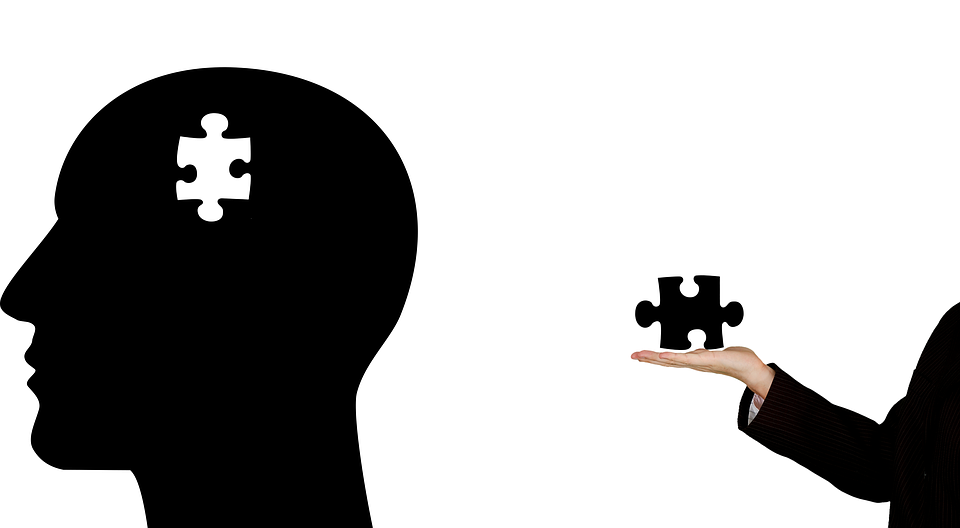I say it’s not the easier choice because medication adherence is something that’s been insanely difficult for me for a variety of reasons.
First, I had to find the right doctor. I’ve found that having a relationship built on trust with a doctor is perhaps the most important piece of the puzzle. My relationship with my doctor is more indicative of whether or not I’m going to take my medications than perhaps anything else. Finding the right doctor meant having the same treatment philosophy. I needed someone who would let me be independent and do my own research on certain medications, and I needed someone who would nearly always respond to me with more questions. While I happened upon my doctor more so by chance than calculated actions, I did move with him twice to different locations around the Twin Cities in order to keep that relationship going. Doing so was by far the best investment in myself that I’ve made in a long time. I’ve learned to utilize basic human psychology to my advantage. I’ve done this by realizing that building trust between us is not only beneficial to materializing the appropriate treatment plan but in aiding my ability to want to take the medications he prescribes.
Second, I had to find the right medication for my body. You’d think this process would be down to a science by now, but I’ve found it’s more like making a series of educated guesses. Even with the originally $4000 GenoMind test I submitted to my psychiatrist (the company charged me only $400), we still had to try different medications. However, it was worth narrowing down the search and I learned that I have the MTHFR gene, which basically means I need methylated B-vitamins. After about two to three years, we got the right medication cocktail. We were also able to get me down from taking six drugs a day to two drugs. I mention all of this because it’s really hard to stick to taking medications as prescribed when they aren’t acting on your body in the way they’re supposed to, or if you metabolize them super fast and the effect wears off too quickly, or if they give you unmanageable side effects. Finding the right medications is crucial to medication adherence.
Third, I couldn’t afford the “right” medications without appealing to insurance for coverage. I had to learn to fight for what worked and realize it was worth fighting for. My two medications, combined, cost over $1300/month with discounts from GoodRx. My doctor fought hard to get me on these medications once we knew (from taking professional samples) that they worked for me with minor side effects. Now I pay about $3 but money is another huge barrier to medication adherence. When on my previous medication regimen, I remember once paying over $800 for my antidepressant in one month. I ended up feeling so desperate to make them last longer, that I played doctor by looking up the half-life of the medication and deciding I could manage to take them every other day instead of everyday. I’ve also been late to pick up medications from the pharmacy because of lack of money. One time I couldn’t afford the $3 charge or the gas it required to get to the pharmacy. In this case, I had to reach out to family for help, which felt humiliating but was very necessary. I’ve found that the people who care really want to help when they can. I just have to ask.
Fourth, sometimes my depressive symptoms get in the way of taking medications as prescribed. I now try to keep a big jug of water and my medications by my bedside just in case I do have an episode. That way I don’t make it worse by missing doses. I don’t even have to get out of bed, and sometimes that’s the hard part.
Fifth, a simple pill box can make big difference. At one point, I had a pill box that alarmed when I needed to take my medications, and it would keep alarming until I took out the medications. That was super annoying and I wanted to throw it out the window. I recommend starting with one of these if you’re really having trouble like myself, but now I find the plastic ones work fine. It’s a lot easier to remember if a dose has been taken or missed if the pill box is empty or full, rather than trying to count it out from the actual bottle.
While some of these barriers to medication adherence are more complex than others, it’s my hope that this list gives some new ideas or at the very least reiterates the importance of some old ideas. I also wish that people would be more accepting of taking medication and appreciate the hard work we’re doing to take them. Taking medications is actually a privilege. I have immense gratitude for the scientists that discovered these therapies and even to Big Pharma for all the work done in Research and Development (R&D). I wouldn’t be here without them.
By: Kathryn Lynn
Editor: Jing Wu

Please connect with us if you are seeking support or hoping to learn more about being part of a Supportive, Inclusive, Compassionate, and Kind community:
Join The MindReset!
Check out Events for support groups or live events:
- Follow The MindReset Facebook page
- Follow The MindReset Twitter
- Follow The MindReset Instagram
You are always welcome to connect directly with an individual from TMR at themindreset@gmail.com or (802) 377-MIND.


